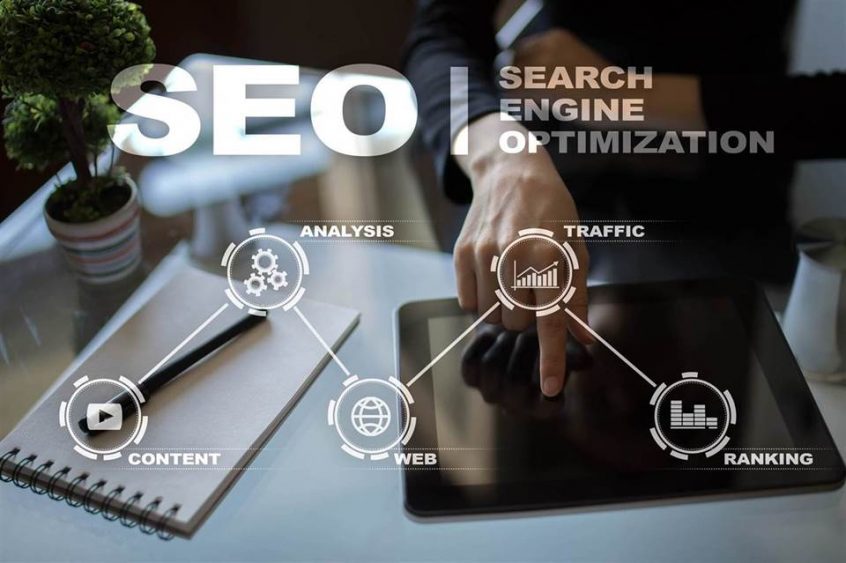You’re a small business with a great and unique product or service. You have the knowledge and expertise to make sure your customers are satisfied every time, and a top-notch staff to solve problems and pounce on opportunities. The most important thing for you now is getting customers in the door; differentiating yourself from other, similar businesses, in order to turn a profit and expand your business.
In today’s world, most of your marketing will be done online. More traditional marketing avenues are becoming less viable as newer generations cut cable out of their lives. When you want to find a product, a service, or even general information, you look it up online; the practice is so common that “Google” has become a verb instead of a brand name, which might be unprecedented (the closest thing I can think of is xeroxing). How often have you found yourself scrolling through so many Google links that you end up on the 4th page of results? I’m willing to bet that the answer is “almost never”.
That’s because almost 92% of search engine traffic is directed to links on the first page. When somebody Googles terms that are related to your company, you want to be at the top of the pack, and that’s achieved through a process called search engine optimization (SEO). SEO is quite complicated, because Google uses tricky algorithms that it changes regularly in order to give users better search results. Imagine if you looked up “restaurant” and Google just gave you random restaurants from around the world; it wouldn’t do you much good! Google tends to like local businesses, so small businesses have a lot to benefit from SEO; the promise of local expertise can help your website stand out.
The way you build your website is also relevant to SEO; when you link to other websites, and other websites link to you, it’s a good way of letting Google know that you’re an important resource. Google uses robots, sometimes called web crawlers, in order to build its database, so links are key. The type of content on your page is also relevant, so creating blogs with information relevant to your client base is a great way of boosting how well you rank. The structure of your internal links is also relevant: how your homepage connects to other pages on your site, and how those pages connect both inward and outward. There’s a lot more to know about SEO: social media presence, image descriptions and more will affect how well you rank. You also can’t try to cheat the system; Google has a variety of safeguards in order to combat overt attempts to game its system. The best way of getting your ranking up is to hire a company that focuses on SEO.
Once you get your rank up in Google, you can well expect to see a large influx of customers, so be sure to be ready for the demand when it comes in! The best way of tracking the influence that SEO has on your bottom line is proper bookkeeping; like SEO, that can be incredibly complex, but if you need help with bookkeeping, Compass Accounting is here for you!

